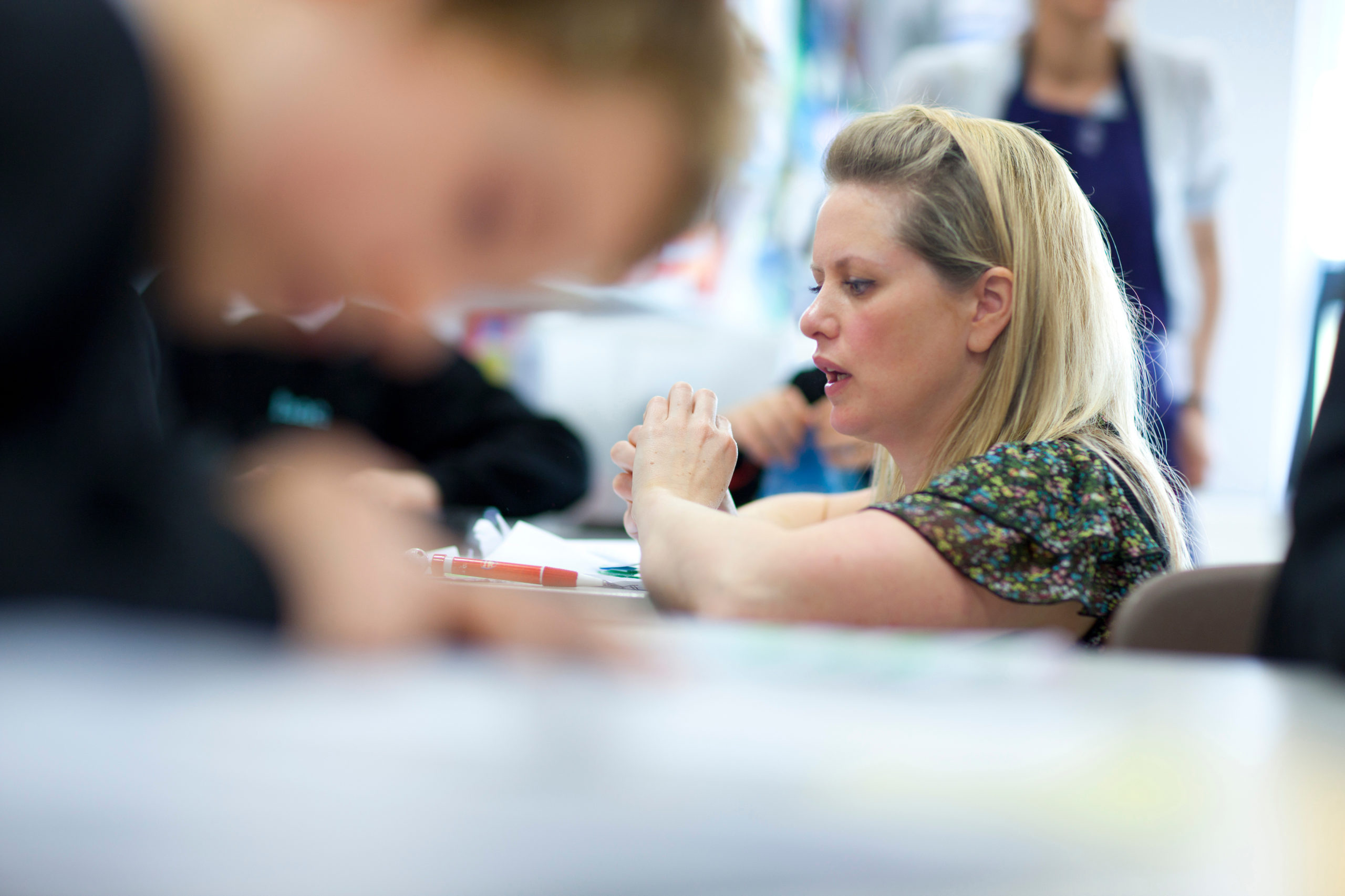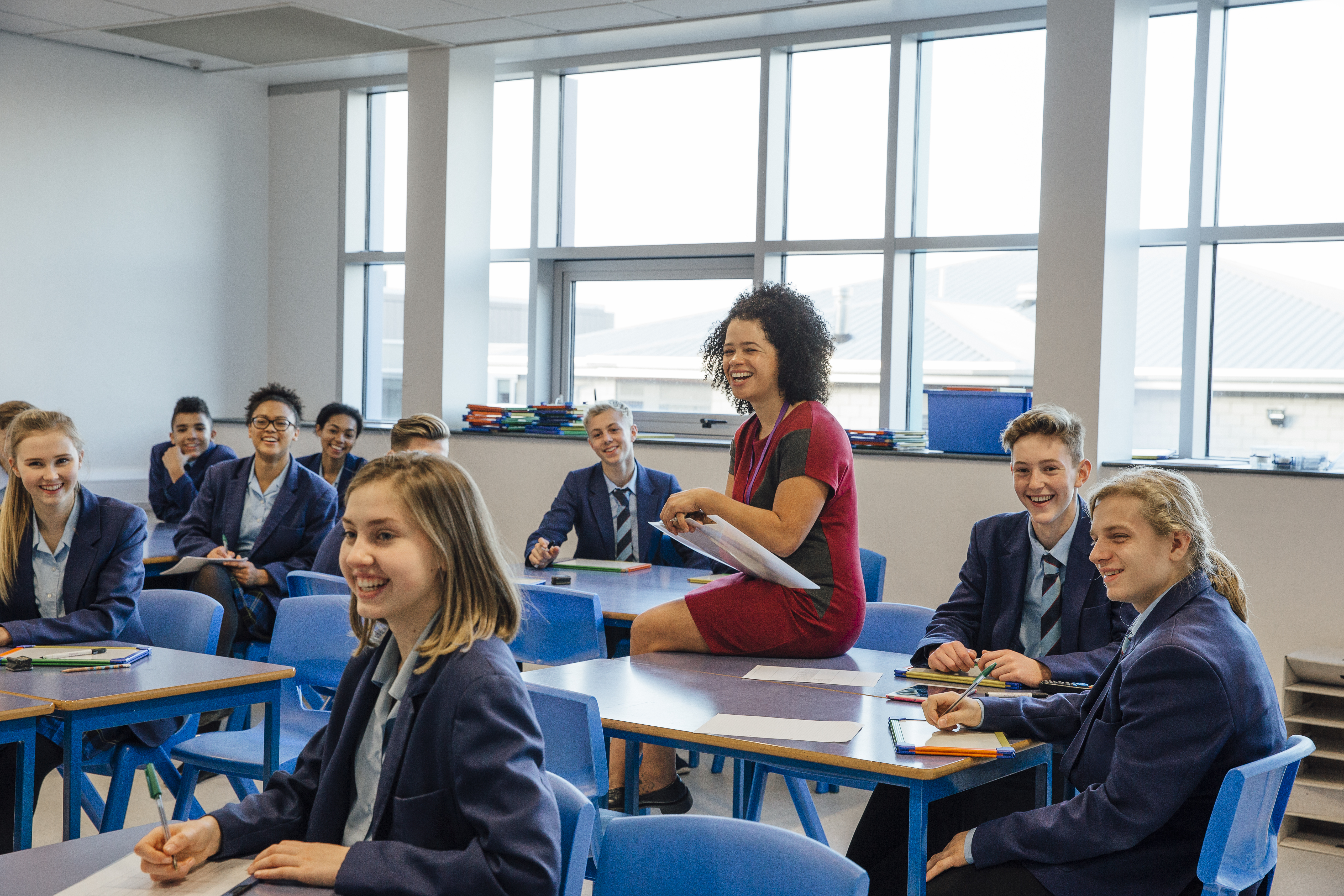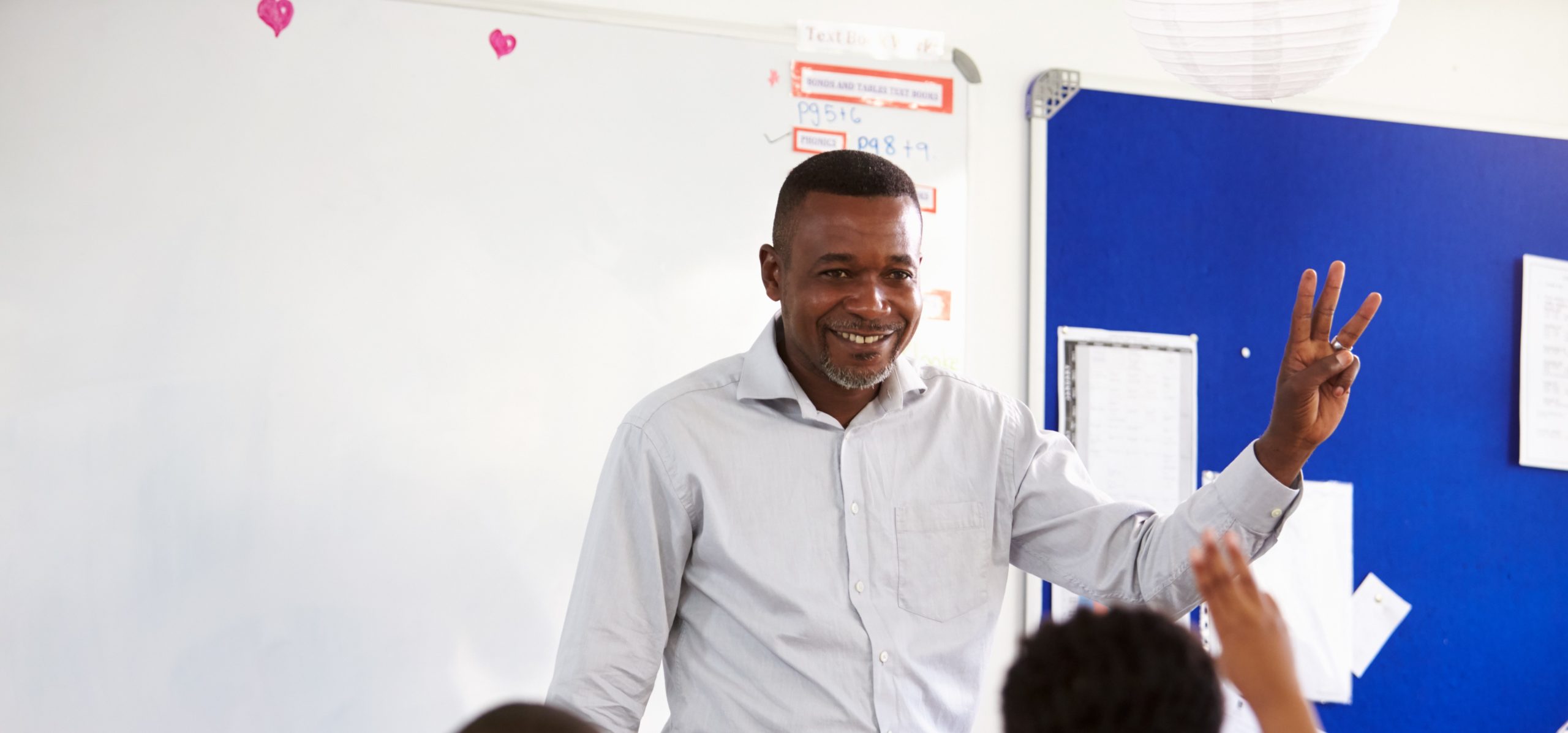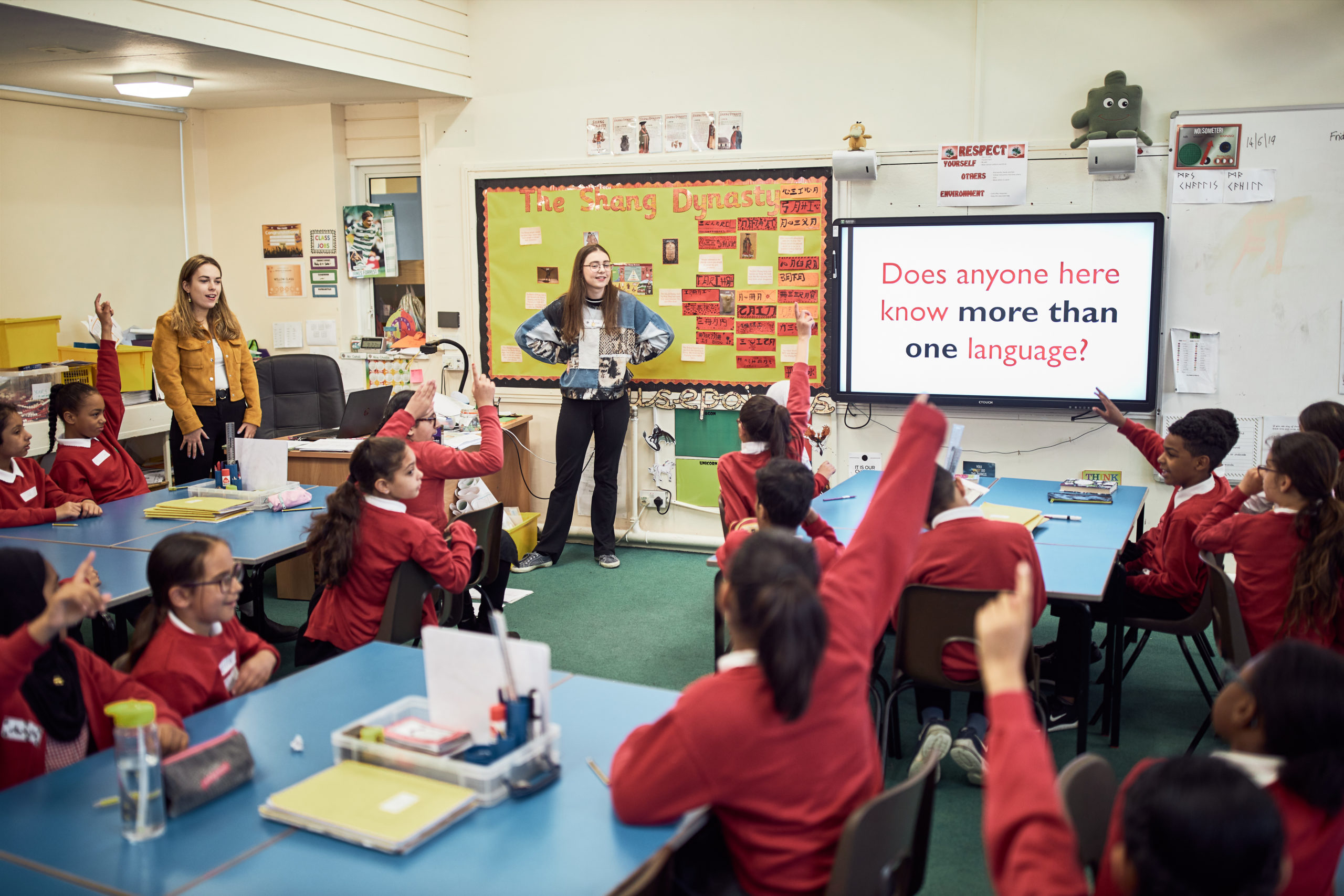
Paradoxically, being at home for twelve months has made the world more accessible for those students, who have access to a solid internet connection. Virtual field trips, virtual concerts and museum visits have opened the doors of possibility for intercultural understanding. Nowhere is this more relevant than in the language classroom, where an insight into […]
Read more







